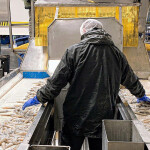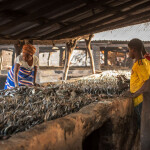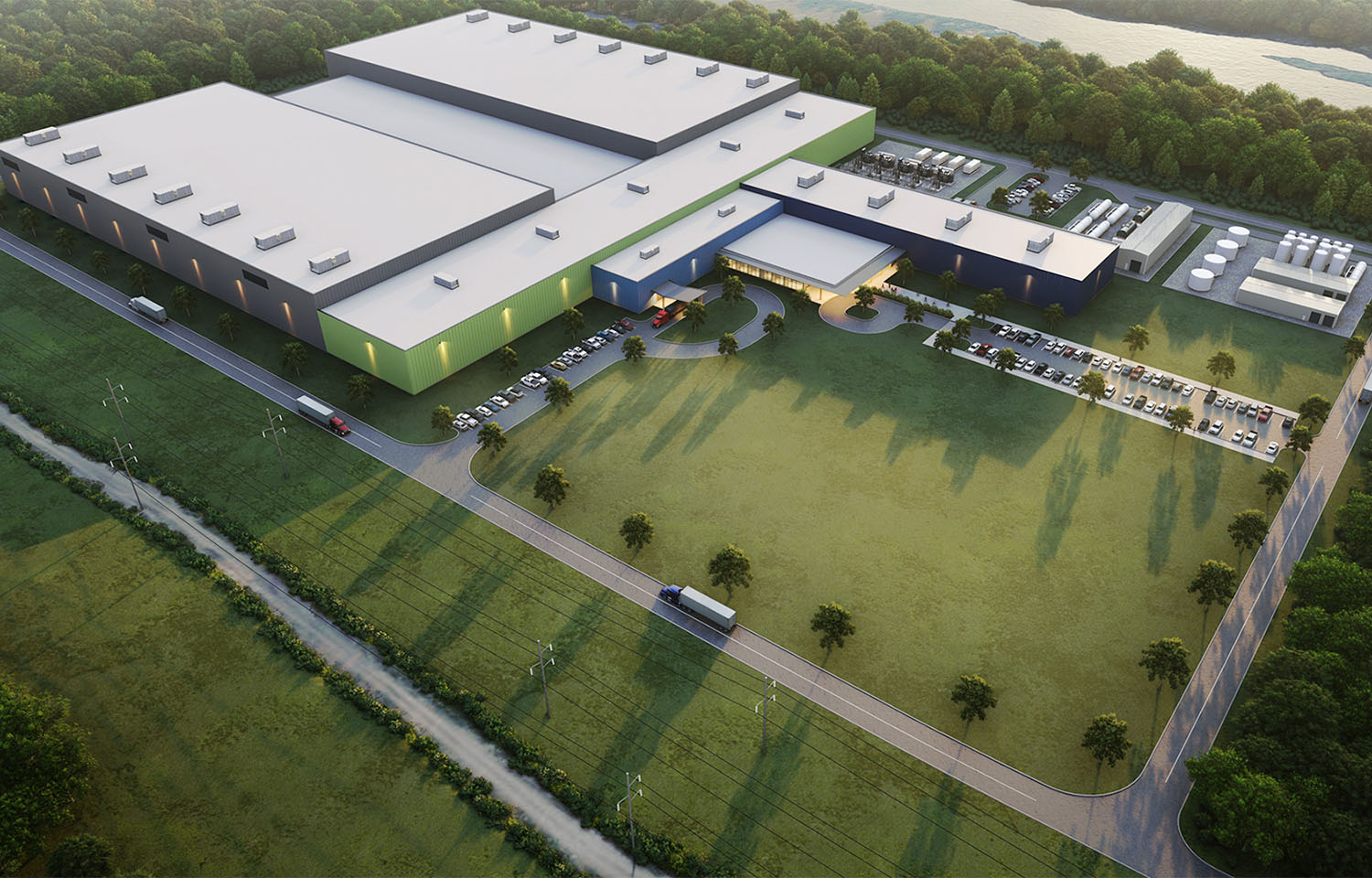Katahdin Salmon has obtained every critical permit needed to construct a salmon recirculating aquaculture system (RAS) in Millinocket, Maine, U.S.A.
The project, started by Xcelerate Aqua in October 2022 and announced in February 2023, aims to build a 10,000-metric-ton (MT) salmon RAS on the site of a former settling lagoon at the Great Northern Paper Co. paper mill. Xcelerate Aqua was founded by former Nordic Aquafarms President and Co-Founder Erik Heim and former Nordic Aquafarms Executive Vice President Marianne Naess.
In a 15 May release, the company said it has obtained final discharge permits and that the appeals period has closed with no challenges, which it acknowledged as “one of the major challenges” RAS projects in the U.S. have faced.
“We have now obtained the critical permits that significantly de-risk the company so we can proceed with the more capital-intensive detailed design and site-preparation activities,” said Naess, who is also the CEO of Katahdin Salmon.
Naess and Heim have firsthand experience with RAS projects facing appeals. Their former venture, Nordic Aquafarms – which plans to build a salmon RAS in Belfast, Maine – has faced a number of different court cases since 2019, ultimately culminating in a Maine Supreme Judicial Court decision that halted its progress. A recent decision by the Belfast City Council further complicated the project’s future by ending Nordic's bid to receive access to key intertidal land.
Katahdin Salmon has also obtained approval for site-remediation activities from the Maine Department of Environmental Protection. According to Naess, the remediation entails emptying the man-made settling lagoon.
The final key aquaculture-related permit, an aquaculture license, was also granted in April, the company said.
“The tide in the industry has been turning between no discharge, setting the fish welfare at risk, to hybrid and flow-through systems, increasing the environmental impact and biosecurity risks; we believe we can achieve both by having the highest degree of water treatment in the industry and enough water to ensure fish welfare,” Naess said.
The company still needs site permits, but those should be “grandfathered in," it said. The project is also being developed on an existing man-made structure, so the remaining permits are lower-risk, the company said, adding that the site also has other benefits, including existing infrastructure and a pre-excavated site with a glacial till foundation, reducing the concrete work needed for the foundation.
Katahdin Salmon said those advantages will save it between USD 60 million and USD 80 million (EUR 55 million and EUR 73 million). The total capex of the project is now estimated at USD 270 million (EUR 248 million) after 2024 inflation is taken into account.
The company also announced it is launching a new company brand, moving on from Katahdin Salmon.
“Katahdin Salmon has been a good name for the initial development phases,” the company said. “Now that the company is entering into a new phase, it is the right time to transition to a name that reflects the developments of the company and the way forward.”
The new brand will be scalable to more locations and will be launched next week.
Xcelerate Aqua revealed in February 2024 it had joined a coalition between it and Cuna Del Mar, Builders Vision, and the Maine Penobscot Indian Nation to develop a supply of Atlantic salmon broodstock and eggs in the U.S. The coalition, dubbed SalmoGen, was founded in late 2022, and the company said it was on track to develop a capacity of 25 million eggs annually for domestic and international sales. Heim said the project is progressing smoothly.
“We have seen outstanding results on our salmon performance. Extremely low mortalities, no health issues, and the largest fish are now approaching 2.5 kilograms,” Heim said. "Fish welfare and effective biological risk mitigation are our cornerstones in delivering on biomass targets and financial outcomes.”








